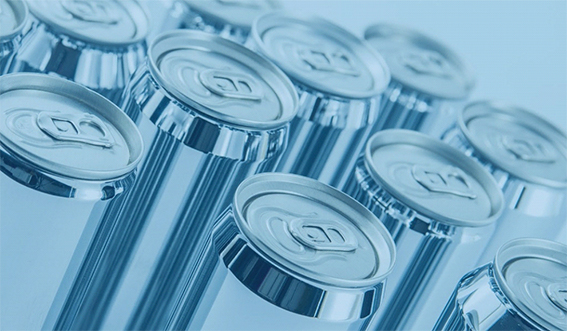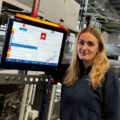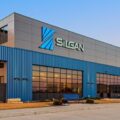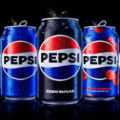Metal packaging manufacturer Nampak has reported that its results for the fiscal year ended September 2024 show a strong recovery and demonstrate the success of what it calls an “ambitious transformation.”
Although the company still reported a net loss after tax of R702 million (South African Rand), this is considerably better than the loss of almost R4 billion in the previous fiscal year.
Phil Roux, CEO of Nampak, said the group has made “positive steps” in the last 12 months.
“The success of the turnaround strategy to date is evidenced by the strong financial recovery, including effective management of revenue growth, cost and inefficiency reduction, profitability and positive cash flow. This was reinforced by successful financial restructuring, numerous divestitures and the implementation of a sustainable business model,” he said.
The numbers
Group revenue from continuing operations increased by approximately 1% to R10 billion, with management stating that consumer disposable income continued to be affected by high interest rates and high inflation for most of the year.
For continuing operations, the group reported earnings before interest, tax, depreciation and amortization (EBITDA) of R1.5 billion in the year to September, up from R343 million in the previous year.
Importantly, the improved results were achieved by reducing expenses by more than R1 billion. Material costs decreased by R460 million compared to the previous year, salaries and wages decreased by R160 million and other costs decreased by R400 million.
Cash flow generated from operations before working capital doubled to R1.6 billion, and improved working capital management added an additional R175 million.
Divestitures
Nampak continued with its plan to divest non-core and underperforming assets. It sold four smaller companies and properties in London, Nigeria and Tanzania.
The proceeds from these divestments were used to repay R720 million of debt.
The company reported that the sale of Bevcan Nigeria (in May 2024) is in its final stages. The proceeds will also be used to reduce debt.
Agreements were reached for the sale of the group’s 51.43% stake in Nampak Zimbabwe for up to US$25 million (approximately R454.2 million) and a further divestment that will generate R143 million.
“The completion of these divestments will materially complete the divestment plan, with transactions amounting to R2.7 billion already completed or in advanced stages of completion,”, Roux said.
Positioned for growth
Management believes that Nampak is well positioned for category and market share growth, given its available manufacturing capacity.
“Volume growth for Nampak is highly dependent on customer growth and the ability to gain market share. In the second half of the year, consumer spending remained subdued,”said Roux.
“While food and beverage categories are mostly defensive, they are not immune to inflationary pressures and high interest rates, which typically manifest themselves in reduced consumption. This was evident across all geographies in which Nampak participated in 2024.”
During the last fiscal year, Nampak reported continued growth in beverage packaging products, particularly in beverage cans.
“Despite challenges in installing the new 500 ml line in Springs, which prevented Nampak from fully capitalizing on this increased demand, this short-term setback was quickly corrected.”
“Further capital expenditure will be invested to support growth, including the relocation of a spare production line from Angola to South Africa,” Roux added
.
Debt
Nampak recently announced that it completed a major financial restructuring agreement that simplified the financing structure and reduced financing costs. It confirmed in the annual audited financial statements that all debt was converted to long-term debt, 98% of which is now rand-denominated, reducing exposure to currency volatility.
Net debt decreased from approximately R5.9 billion to R5.3 billion in 2024, and net interest-bearing debt decreased from R4.6 billion to R4.4 billion.
The proceeds from the divestitures will significantly reduce debt.
Roux said the focus on the turnaround and transformation of Nampak, as well as the corporate activities to achieve it, have been “absorbing.”
“We are now shifting focus to a deeper focus on the core business, which is well capitalized and poised for sustained growth and earnings. The balance sheet is in a healthy position, allowing us to generate free cash flow.” he concluded.











